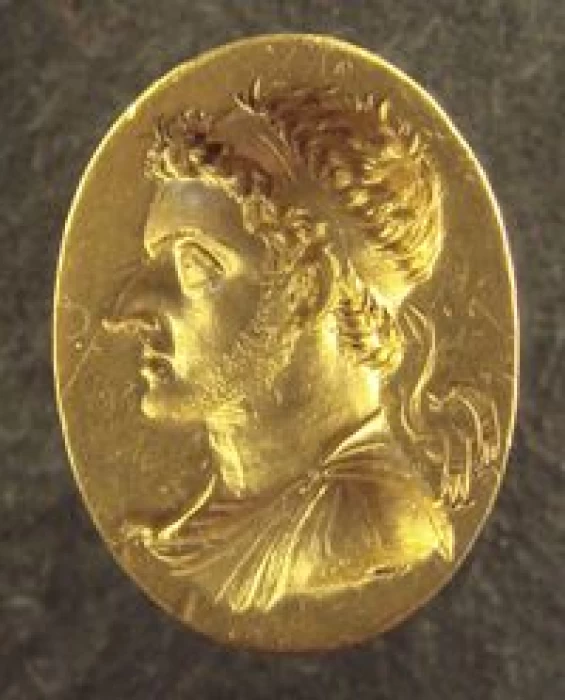
Ptolemy VI Philometor | Macedonian King
Facts about Ptolemy VI
He took the throne of Egypt in 180 BC, and he was nicknamed Philomator, which means lover of his mother, and his sister Queen Cleopatra II, the most famous queen of Pharaonic Egypt, was his partner in ruling in ancient Egypt in addition to his younger brother, Ptolemy VII, learn more about King Ptolemy VI and his reign below.
Cleopatra II was the pharaoh's wife and gave him Queen Cleopatra III and Ptolemy VII in addition to Cleopatra Thea, and Ptolemy VI's father was King Ptolemy V and his mother was Cleopatra I. Cleopatra II and Ptolemy VIII are the king's brothers.
During the reign of Pharaoh, the younger brother of King Ptolemy VI, Rome attacked the ancient kingdom of Macedonia. This led to a major engagement with the army of Perseus, the king of Macedonia. This preoccupation led Antiochus IV of Syria to seize Egypt and take Ptolemy VI prisoner.
The pharaoh then ruled under the tutelage of his mother Cleopatra I until 176 BC. The pharaoh ruled alone after his mother's death, and two men took over politics, Julius and Linnaeus. The king married his sister Cleopatra II when he was 15 years old and crowned himself king of Egypt. Egypt's foreign policy changed when the pharaoh declared himself king of Egypt.
Pharaoh's method of rule differed from that of his mother, who was interested in a peaceful treaty with the Seleucids. The pharaoh antagonized the Seleucids and made a treaty with the Romans so that he could regain the hollow of Syria. He even denied the existence of any treaty between them. At that time, Rome was preparing for a battle with Maqodonia and sent an embassy to Philometor and Antiochus IV to find out their position in the war.
At the beginning of the war, the opposing sides sent a diplomatic mission to Rome after the pharaoh and Antiochus IV reaffirmed their loyalty to Rome. Antiochus' mission declared aggression, unlike the Ptolemaic envoys who renewed relations between Egypt and Rome. Rome used clever tricks to fuel the war between the Seleucids and the Ptolemies to make sure that both sides were weakened and that neither would interfere in its war with Macedonia.















